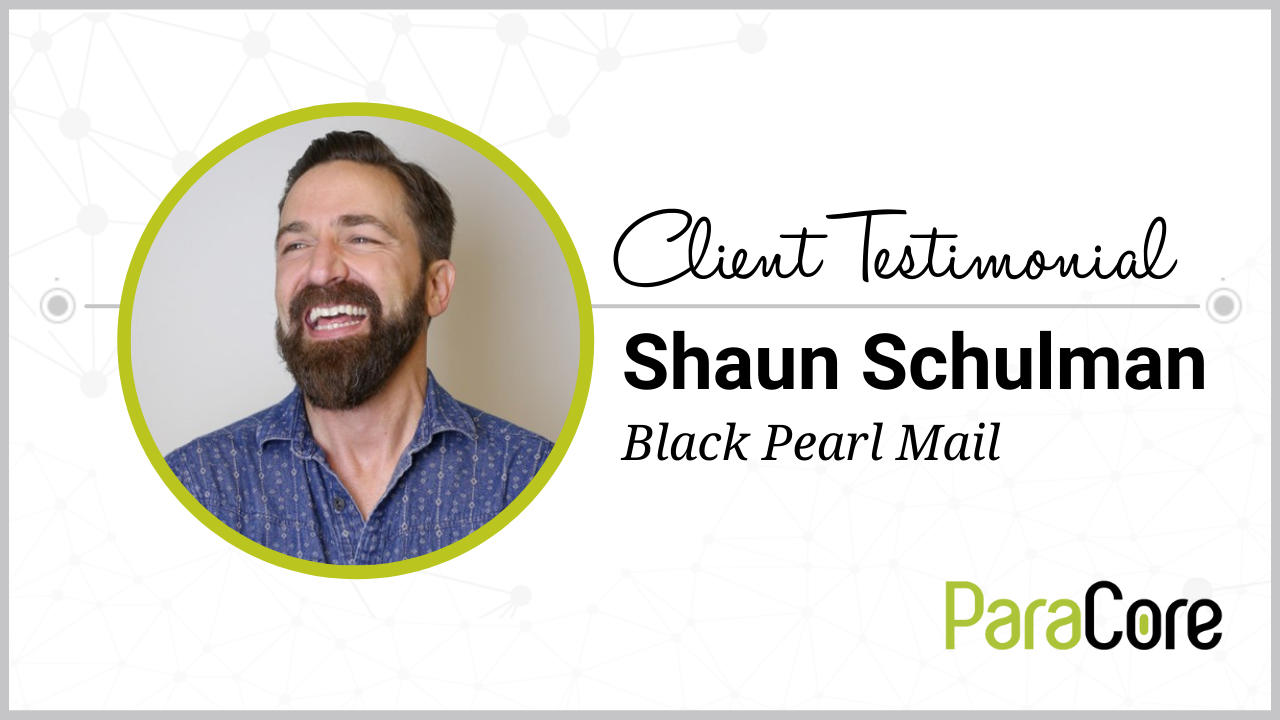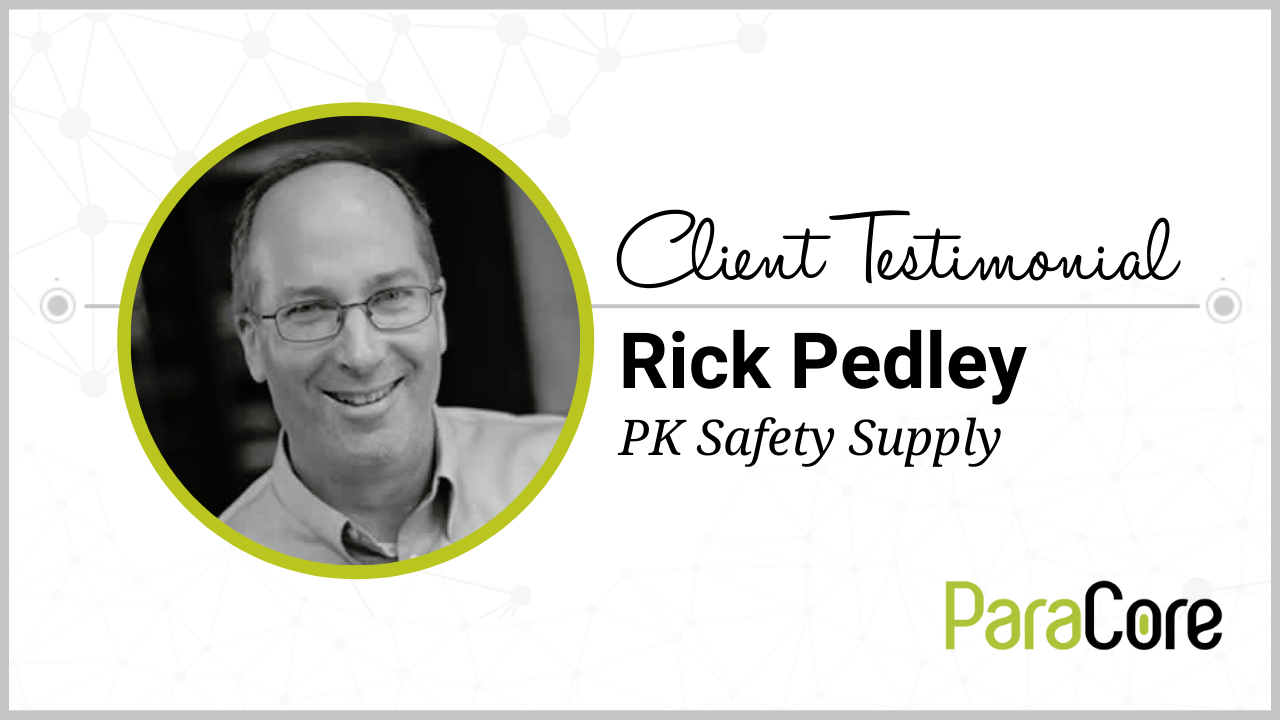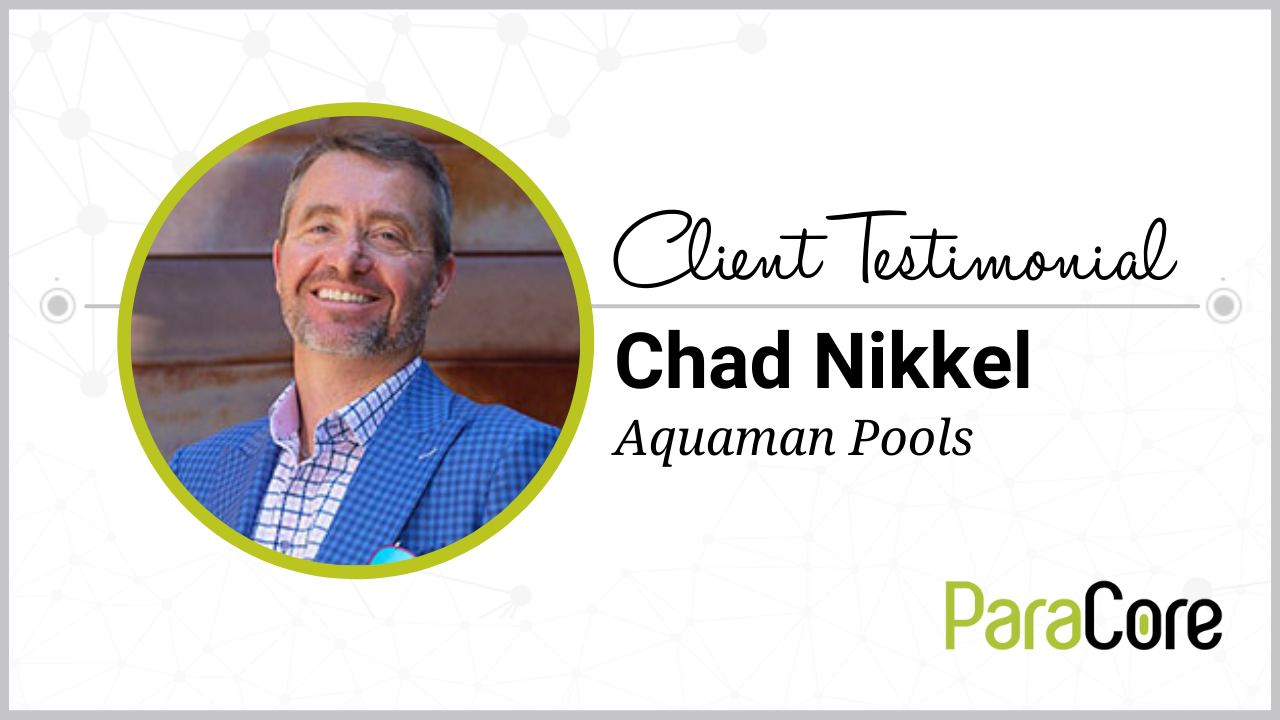Google Ads (Google Adwords) is an incredibly effective way to promote your business, but only if best practices are applied. If you’re ready to maximize Return on Ad Spent (ROAS) on your next search campaign, read on!
First, here’s some answers to common questions we receive about Google Ads:
Should I bid on broad match keywords or exact match keywords? If you want to rank for long-tail keywords, then yes, include that in your bidding strategy! However, if you are bidding on broad keywords that are too broad, however, you may be wasting money. The best way to find out which keywords are worth bidding on is to use Google Keyword Planner.
Should I bid more on keywords that have low competition? Again, if you want to rank for long-tail keywords, then focus on relevant keywords with low competition. However, if your keyword strategy includes short-tail keywords, then you want to focus on bidding on those high competitive keywords.
Should I use negative keywords? Absolutely! Negative keywords help to avoid irrelevant clicks and search volume by not appearing in search results. If you want to show up for certain search terms, then you should include them in your title and description meta tags.
Should I bid more or less than my competitors? If you’re determined to win bids, then you can always bid higher than your competitors. However, if you bid too high, you may lose money. Find the right balance between winning bids and making profit to work out your smart bidding strategy!
How often should I change my bids? Bid changes are based on market conditions. If you’re bidding for keywords that are highly competitive, then bid less frequently. However, if you’re bidding for keywords where competition isn’t as high, then bid more frequently.
How long should I wait before changing my bids? The answer depends on whether you’re bidding for search traffic from engines, social networks, or other sources. If you’re bidding for traffic through search engines, then you should wait at least three months after launching your site. However, if you’re bidding for traffic via social networks, then wait only one month.
What is Google’s minimum bid policy? The minimum bid policy is when a search engine like Google has a lot of traffic coming from one website, they may decide to lower the price for that site.
What is Google AdWords’ maximum bid policy? The maximum bid policy for Google Adwords is when advertisers bid too much for keywords, and they are charged extra money. That’s why it’s so crucial to set your budget based on what you think you can afford, rather than how much you want to spend.

At ParaCore, we live and breathe best practices, especially we work with Google Ads. Here’s what we include with every campaign we build!
Ad Groups: Ad groups allow you to group together multiple keywords into one ad group. This makes it easier to manage your campaigns and allows you to create more relevant ads.
Negative Keywords: Negative keywords help you filter out irrelevant Google search queries. They let you target keywords without wasting time on clicks from people searching for something completely different.
Bid Modifiers: Bid modifiers allow you to adjust your bids based on the competition. By bidding lower on certain keywords, you increase your chances of appearing at the top of the results page and reaching your ideal audience.
Budgeting: Setting a budget helps you stay focused and avoid running out of funds before reaching your goals. When you set a budget, you’ll know exactly what you’re spending per day, week, month, etc.
Copywriting: Ad copywriting is the art of writing compelling ad text that grabs attention and encourages calls to action. Headlines should be clear, concise, and enticing. Description lines should be brief but informative, and body copy should be engaging and persuasive.
Landing Page Optimization: Landing pages are the first page that your target audience sees after clicking on an advertisement. For an effective landing page experience, focus on establishing user intent, building up your conversion rate, and constantly testing how well it turns visitors into leads.
Conversion Tracking Software: Conversion tracking software helps you track the click-through rates and performance of individual campaigns so you can identify what works and what doesn’t. Using this data, you can tweak your campaign strategy to increase conversions.

A Google Ads marketing campaign can’t be successful without a lot of work. Use our top tips and start creating successful Google Ad campaigns that drive clicks and converts leads!
Need some extra assistance? Reach out to our expert marketing team!
Related Posts
- How To Build An Effective PPC Landing Page
- The Conversion-Boosting Amazon PPC Strategy You Need in 2022
- eCommerce Automation- Leveraging it to Reclaim Your Time
- Paid Media Advertising: The Ultimate Guide For 2022
- Calculating, Measuring and Minimizing Cost Per Acquisition
- PPC Outsourcing The Right Way: Benefits & Best Practices
- How to Choose the Right PPC Agency
- You Can’t Overlook These 5 Landing Page Best Practices
- How to Prevent Your Website from Being Held Hostage
- Stop Decorating and Start Designing
- Do You Need to Redevelop Your Website?
- How to Build a Successful Web Project



